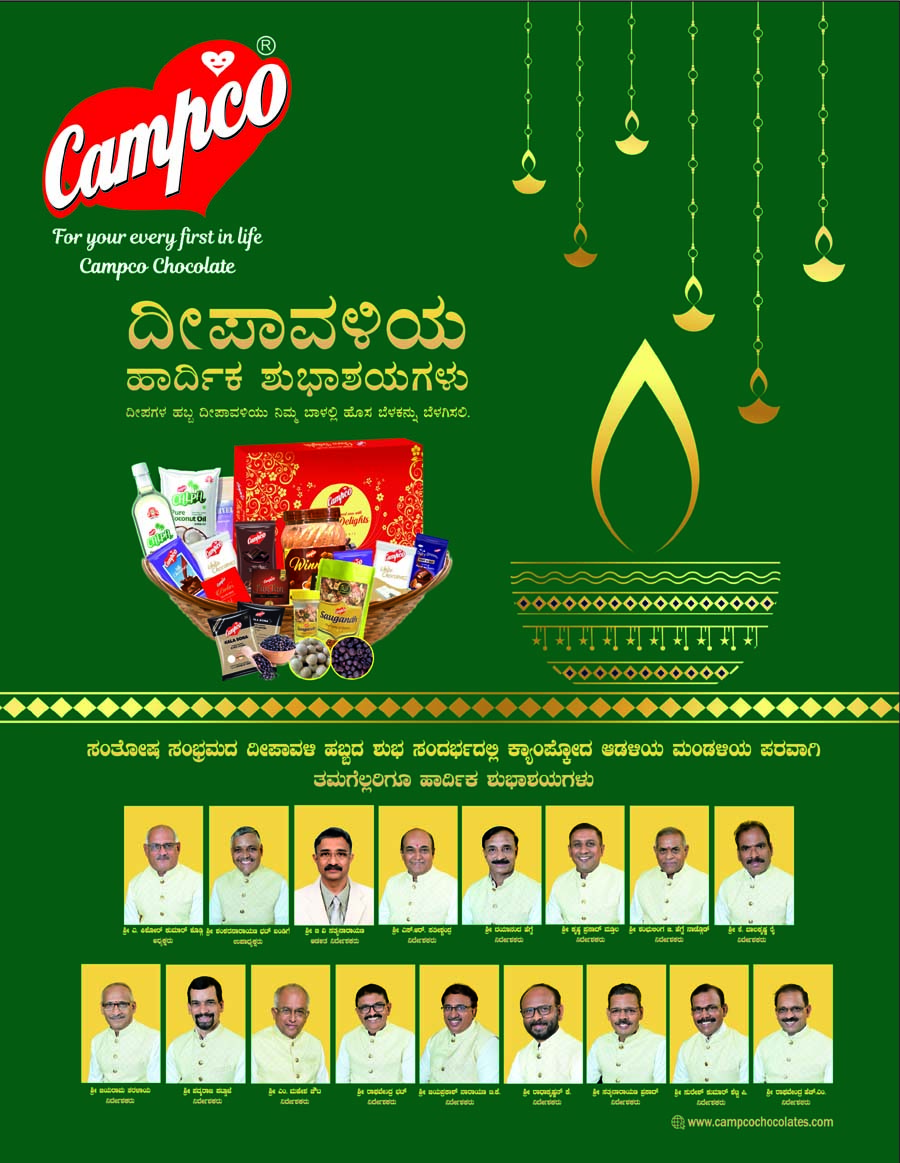Varsity proposes revised CBCS from 2016-17
12:26 PM, Monday, June 27th, 2016 Mangaluru : Postgraduate students at Mangalore University can study one more inter-disciplinary subject likely from the academic year 2016-17 as the university has proposed to introduce a revised choice-based credit system (CBCS) from the academic year scheduled to begin after a month.
Mangaluru : Postgraduate students at Mangalore University can study one more inter-disciplinary subject likely from the academic year 2016-17 as the university has proposed to introduce a revised choice-based credit system (CBCS) from the academic year scheduled to begin after a month.
This is as per the direction of the University Grants Commission (UGC) to all universities, sources in the university told The Hindu .
But the introduction of the revised CBCS from the coming academic year is subject to the approval of the Academic Council of the university which would meet within two weeks from now, sources said.
Postgraduate students of the university studied an inter-disciplinary subject as an ‘open elective’ paper in the third semester of the course till the academic year 2015-16.
But they would study one more ‘open elective’ paper as an inter-disciplinary subject in the second semester under the revised CBCS.
With this, a student of Mass Communication and Journalism, for example, can study a paper from English as an ‘open elective’ and another paper from Botany as another ‘open elective’.
As three credits each per each elective paper the two papers attracted a maximum of six credits and the credits are fixed.
The revised CBCS has more features which have been projected as “student friendly” sources said adding that project work for each student has been made mandatory in the fourth and last semester of the two-year (four semesters) course. The Board of Studies of each subject decided the credit to be awarded to the project work.
Unlike the maximum 100 credits in the old system the revised system has a maximum of 92 credits. Another feature of the revised CBCS is that results are declared in grades not in ranks, sources said.
A unique feature of the revised system is that it has it has categorised a subject as hardcore and softcore.
Hardcore contents involved basics of the subject chosen for study, for example it might be literature in case of Kannada. Its papers attracted from 50 per cent to 65 per cent of the total credits. Softcore contents are related to or supportive to the hardcore contents. In case of softcore papers, a student has a choice to select a paper of the same subject to which he has been enrolled or take a similar paper offered by other department. For example, a student of Botony could take fermentation technology softcore paper offered by Botony department or the same technology paper offered by the Department of Biosciences.
Simillar Posts
Warning: count(): Parameter must be an array or an object that implements Countable in /home/megamcaq/public_html/wp-content/plugins/post-plugin-library/common_functions.php on line 357
- None Found
Leave a Reply
© Copyright 2008 www.megamedianews.com All Rights Reserved. Privacy Policy








 Posted in
Posted in  Tags:
Tags: 






